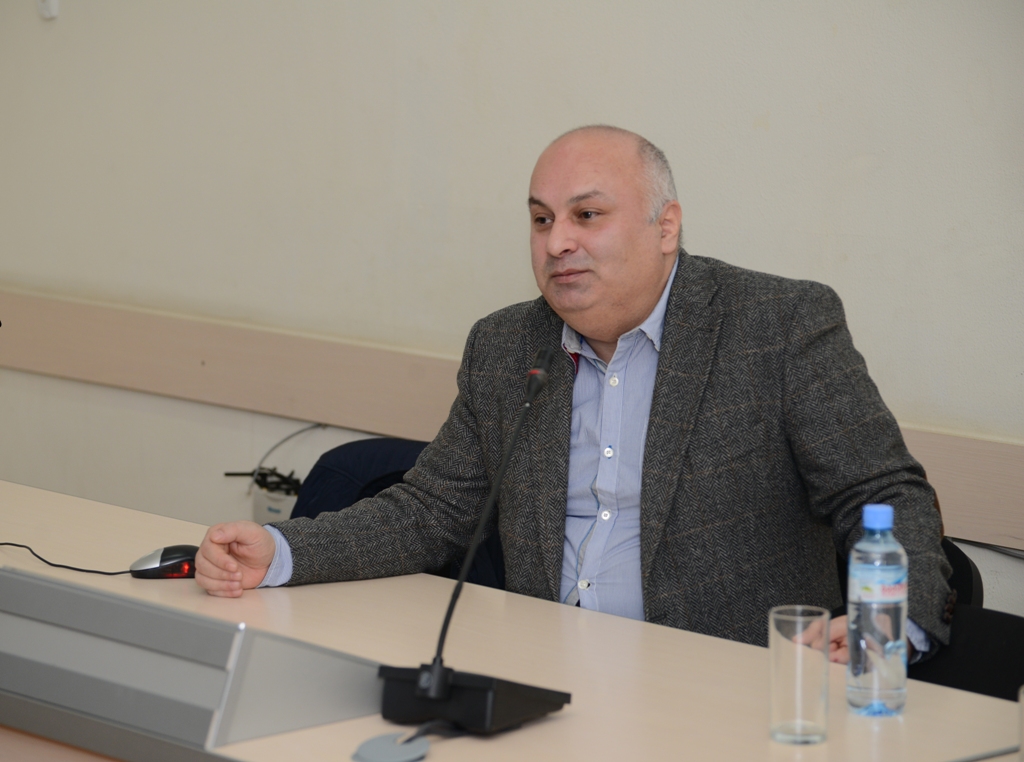The project titled "Hospital Financing by DRGs: Global Practices and Suggestions for Georgia," led by Tengiz Verulava, a professor at Caucasus University, won the "Publishing State Scientific Grant Competition" organized by the Shota Rustaveli National Science Foundation.
The project submitted under the scientific category of "Medicine and Health Sciences" received 29 points out of 30.
The project aims to comprehensively study the method of financing the hospital sector with DRG based on the analysis of the existing world experience, identify the problems related to its implementation in Georgia and develop appropriate recommendations.
Starting from 2022, the State Program of Universal Health Care has initiated the implementation of the Diagnosis-Related Groups (DRG) method, recognized as the fairest tariff system globally, for financing hospitals. After switching to the new method, the principle of payment was changed. In the previous system, each clinic had its own rates, and the state did not regulate the patient co-payment amount. As a result, the patient had to pay a significant amount of money in addition to the official co-payment of 30, 20, 10 percent with various medical organizations, which was a serious burden to the patient.
After transitioning to financing with Diagnosis-Related Groups, the clinic has no right to request additional payment from the patient in addition to the official co-payment, which contributes to the patient's financial access to health services, cost containment, which positively affects the satisfaction of the population.
The above indicates the importance of the method of financing with groups of similar diagnoses in increasing the financial access of the population to health services for any country, and especially for Georgia, where the social background of the population is quite low and despite the existence of a universal health care state program, and the issue of access to health care is not fully resolved.

